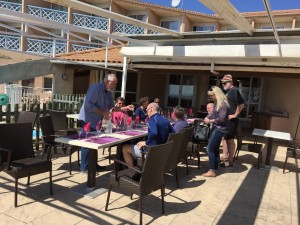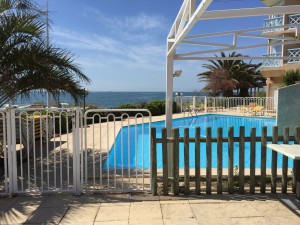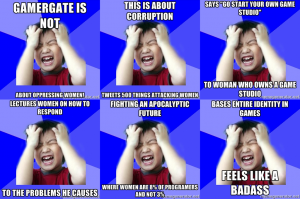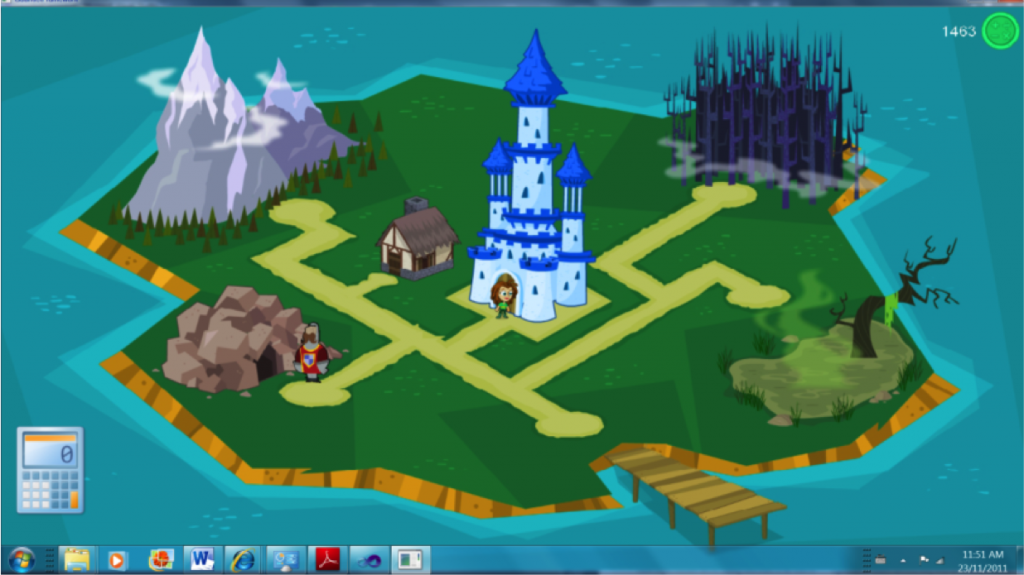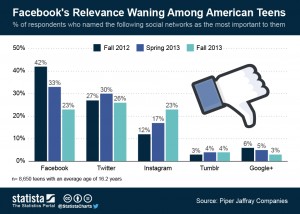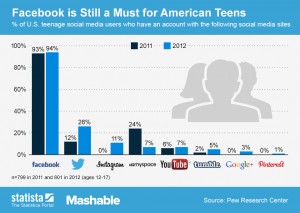Kesiena Chris-Iwuru, BSc, MSc
Masters of Arts in Media & Technology Studies Thesis Defense
YOUTH PERSPECTIVES ON CYBERBULLYING AND SOCIAL MEDIA PLATFORMS: TEEN AGENCY, INTERACTIVITY, AND SOCIAL COGNITION
Friday January 19, 2018, 10:00 am, Scarfe 2108
ABSTRACT: This research examines how social media platforms have reconfigured traditional notions of social interaction and specifically how a sample of youth view these platforms in light of problems with cyberbullying. The research design included two primary questions: 1) How do social media platforms reconfigure social interaction and means by which youth perceive and understand these platforms? 2) What role does social cognition play in youth perspectives of online identities and interactions in relation to cyberbullying? The participants included nine Grades 10-12 students (4 males and 5 females), aged between 16-21 years. The research site was an independent high school located in the Lower Mainland of British Columbia, Canada. Actor-network theory and optimal distinctive theory (Brewer, 1991; Latour, 2005) formed the theoretical perspective for analyzing, discussing and the presentation of the research study findings. Data were collected through ethnographic techniques, including observations, artefacts (documents, etc.), and interviews.
The findings from this study indicate that the ubiquitous mode of interaction within these spaces deviates from traditional norms, with resulting consequence that impact users’ ability to perceive telepresence. The manner in which social media spaces are understood is largely influenced and informed by the predominant collective, where the self is seen as undefined and enacted in context-specific processes. The findings also indicate that interactions, perception, and mode of responses to conflict situations are based on previous experiences and currently held notions of what constitutes appropriate online behaviour. The implications and significance of the research findings have relevance for educators on how best to engage and understand teenagers in these spaces, with new and effective measures to examine instances of conflict and antisocial behaviour online. For social media companies and startups, it provides an insight into the nuanced mode and context of interaction prevalent within these platforms and the resulting impact on how individuals, the collective, and the platform itself all exert influence on each other.
- SUPERVISOR: Dr. Stephen Petrina
- COMMITTEE MEMBER: Dr. Franc Feng
- THESIS EXAMINER: Dr. Samson Nashon

 Follow
Follow